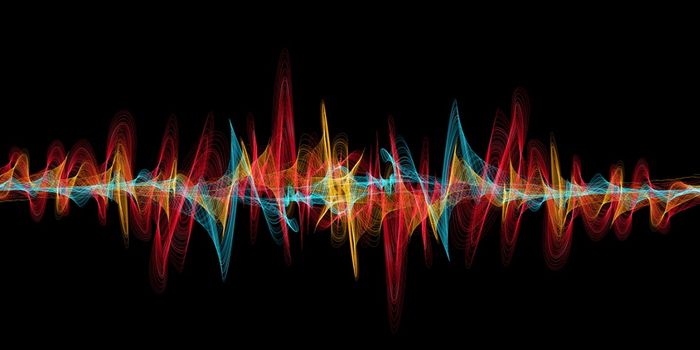How the brain processes written language and is able to cognitively decode words into complex concepts is an area of neuroscience that is debated vigorously. Until the 20
th century neuroscientists didn’t even agree that there was a brain region dedicated to processing written words. More recently the research into this part of human cognition has been focused on the part of the brain known as the left mid fusiform gyrus. It’s this part of the brain that experts believe is responsible for decoding words.
In a study conducted with epileptic patients at the University of Pittsburgh’s Learning and Research Development Center (LRDC) direct neural recordings and brain stimulation was used to study this part of the brain. Avniel Ghuman, an assistant professor in the University of Pittsburgh Department of Neurological Surgery and Elizabeth Hirshorn of Pitt's Learning Research and Development Center (LRDC), along with colleagues from the Department of Psychology and Center for the Neural Basis of Cognition conducted the research which was published in July in the journal Proceedings of the National Academy of Sciences.
The patients in the study all suffered from drug-resistant epilepsy and elected to undergo surgery to see if their epilepsy could be better controlled. As part of their operations, neurosurgeons implanted electrodes in the patients' visual word form area. This was an unprecedented way to look at this part of the brain in real time and gain a better understanding of the neurobiology involved in reading.
The first part of the research involved electrical brain stimulation through the implanted electrodes. The stimulation was painless for the patients and caused a disruption in the normal process of visual word decoding. This electrical disruption adversely affected the patients' ability to read words. One patient dramatically misread letters, and another felt that there were words and parts of words present that did not exist on the page of text she was trying to read. Interestingly this electrical stimulation did not impact the patients’ ability to name objects or identify faces.
The second phase of the study involved recording the electrical activity of this part of the brain whilst patients were reading words. Using complex machine learning algorithms the team at the LRDC was able to discern from the electrical brain activity which word a patient was reading at a particular portion of the readout. Being able to glean this information from electrical activity scans suggests that the brain processes even very similar words (the examples used were the words “lint” and “hint”) precisely and in different ways.
In a press release lead study author Elizabeth Hirshorn stated, "This study shows that the visual word form area is exquisitely tuned to the fine details of written words and that this area plays a critical role in refining the brain's representation of what we are reading. The disrupted word and letter perception seen with stimulation provides direct evidence that the visual word form area plays a dedicated role in skilled reading. These results also have important implications for understanding and treating reading disorders. The activity in the visual word form area, along with its interactions with other brain areas involved in language processing, could be a marker for proficient reading. Having a better understanding of this neural system could be critical for diagnosing reading disorders and developing targeted therapies." The video below provides insight into the brave study participants who volunteered for this groundbreaking research, check it out.
Sources:
University of Pittsburgh,
PNAS,
Cognitive Neuroscience Society









